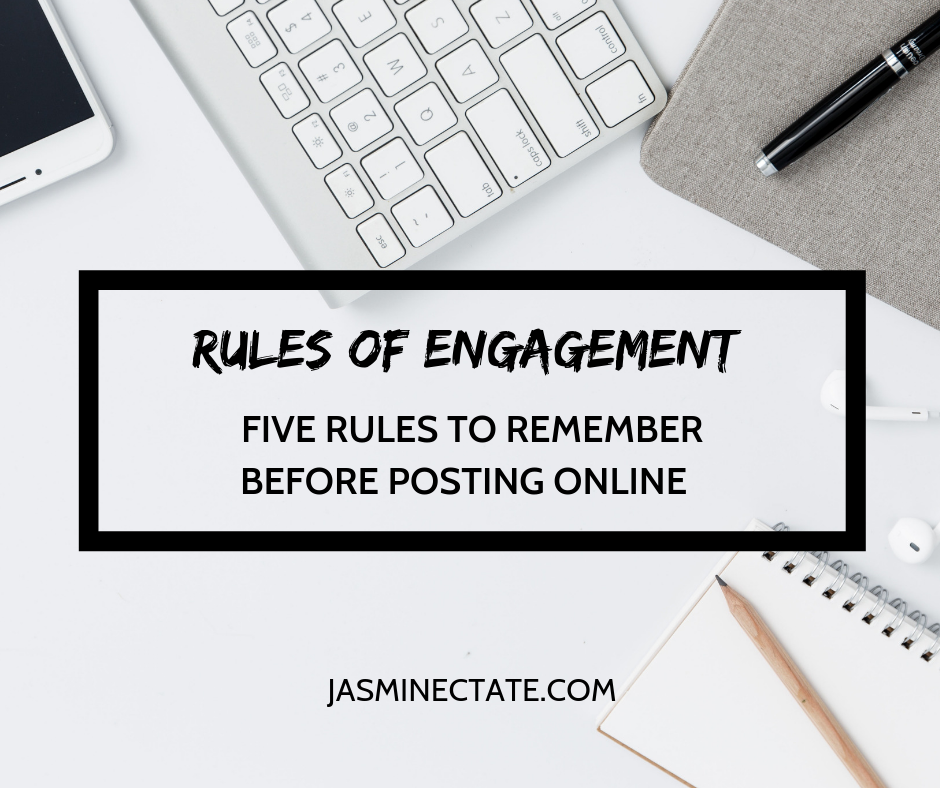With the growth of social media popularity and platforms, people have become more comfortable sharing every detail of their lives.
Although information shared is ultimately a matter of preference, it’s definitely smart to be an objective gatekeeper of your platforms and how others perceive you based on what you release. While it is sometimes hard not to share, remembering these five rules before posting can help you decide whether a post is necessary and reflective of what you want people to see beyond the moment of your experience, good or bad.
Call a close friend or family member and avoid social media when you’re emotional. Whether you’re happy, sad or mad, it’s often best to calm down and process your thoughts and feelings before sharing on social media.
Share experiences and accomplishments versus feelings. Most people enjoy following your journey more than your drama. Highs and lows of life are universal and often connect people that can relate, but be careful of turning to social media in the moment. Taking time to decide if and how you want to share will be more beneficial in the long-term versus sharing in the moment and looking back with regrets or lack of full understanding especially in chaotic situations.
Protect your personal space like its personal information. If you wouldn’t allow a complete stranger into your home or bedroom, don’t give them a virtual tour.
Decide the objective of your accounts, each post and which areas of your life you want to avoid sharing with the world. While I’m active on most social media platforms and know most of my followers, I use each account for different purposes. Ex. My Facebook is private because I want to know everyone I’m friends with and use the platform to stay connected. When crafting a post think about the affect you want it to have on those who view it. Deciding which areas of your life are off limits to social media is a great way for you to screen your content before sharing. Topics could include include personal finances, controversial discussions, sexual preferences, relationship issues, etc.. People often misinterpret meanings and will remember and judge you based on your posts long after you've moved on.
Make sure your social media presence is a reflection of who you are. What do your posts say about you? By clarifying the elements outlined in #4 it’s easier to present yourself in the way you want your image to be portrayed on social media.
It's more important now than ever to be responsible and accountable for your social media thumbprint and what you post. Once you publish posts can live on forever whether you like it or not.
Where do you draw the line when it comes to sharing with your audience on social media? Share below.
Hugs & Handshakes,
Jasmine C. Tate

